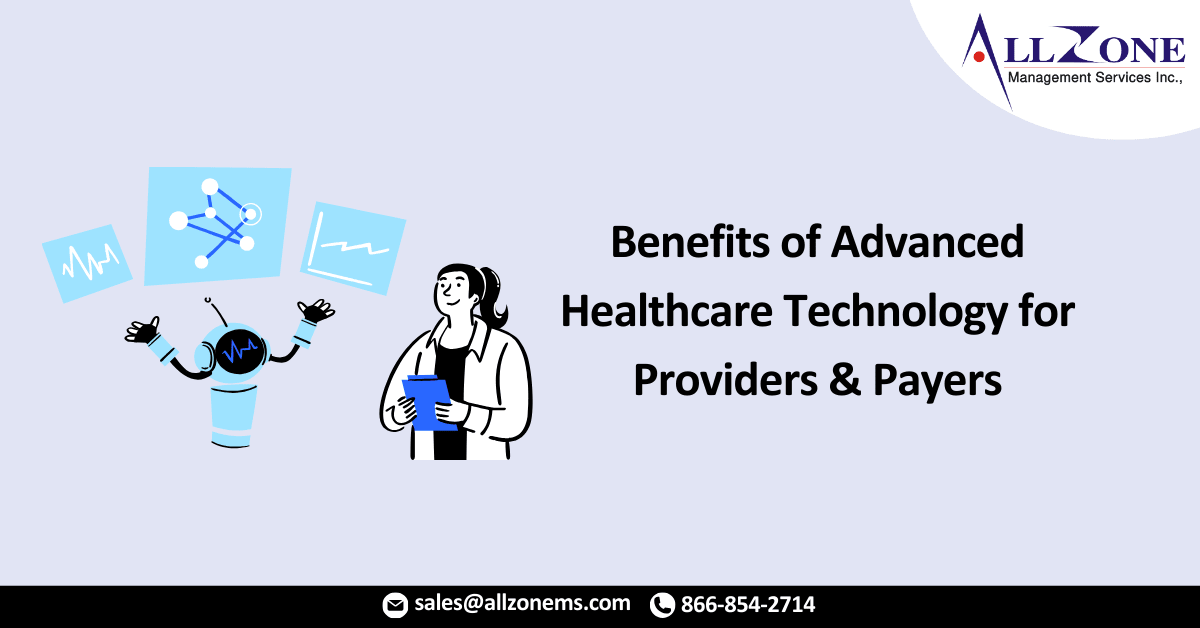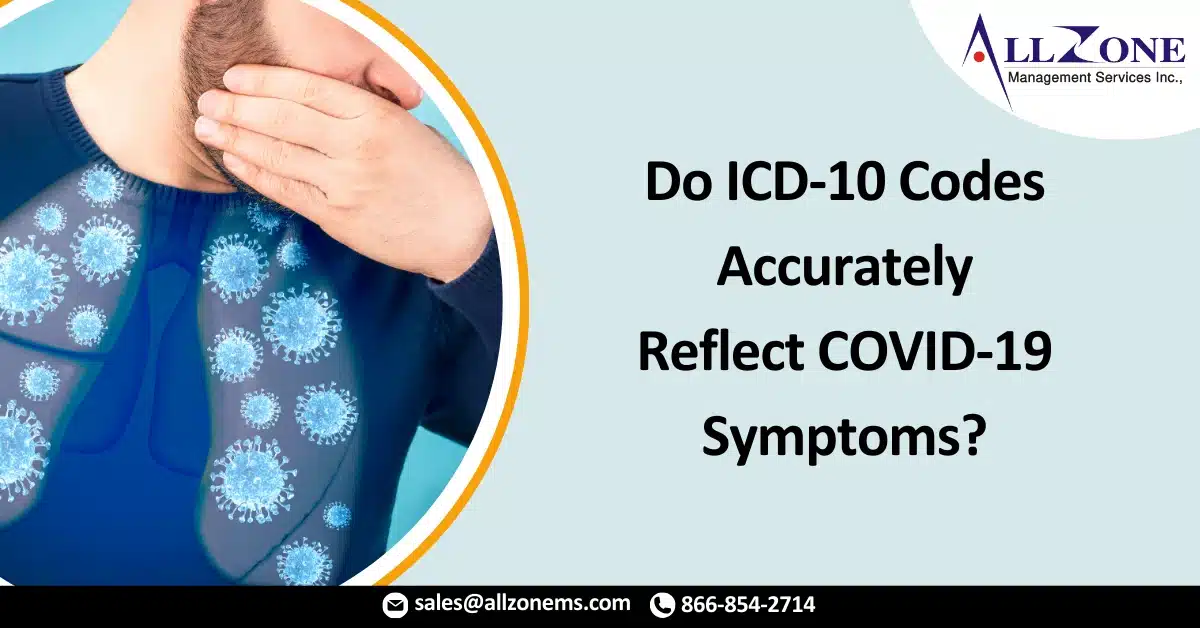Collaboration among a diverse team that blends clinical expertise and technical proficiency is essential in today’s dynamic healthcare environment to overcome administrative and diagnostic challenges. This multidisciplinary approach facilitates the creation of healthcare technology solutions that benefit all stakeholders, including payers, providers, and patients. By adopting a more personalized approach, treatment outcomes can be optimized […]
Although the integration of big data into health care has been increasing in recent years, the coronavirus disease 2019 (COVID-19) pandemic has brought this practice to the forefront, as many hospitals and care facilities struggle to keep accurate and timely records of COVID-19 cases while adhering to changing procedures implemented at the federal level. “The use of […]
Most healthcare organizations partner with physician services groups for niche coverage. While outsourced medical services are available across all specialties, common areas for external physician support include anesthesia, radiology, wound care, and emergency medicine. However, when outsourced physician services are used, challenges to ensure accurate reimbursement for both components of care—the hospital portion and the […]
With patients seeing higher medical bills than ever and healthcare costs continuing to rise, healthcare organizations need to stay on top of the revenue cycle to ensure they can capture payments and be prepared for changes in 2020. Speaking at the annual meeting of the American Health Information Management Association (AHIMA) in Chicago, Cassi Birnbaum, […]
Technology can transform data into actionable insights for providers needing to meet the demands of value-based care and consumerism in healthcare. Transforming raw data into actionable information is crucial to the financial future of provider organizations, especially as pressure builds on providers to align their care delivery approach with value-based care and consumerism in healthcare. […]
Expect more mass production of audits. Looking forward to the remainder of 2019, we will see a number of exciting information technologies (IT) that will reshape healthcare and Medicare. These include artificial intelligence (AI), the cloud, DNA sequencing, in silico testing of new molecular entities (NMEs), and distributed ledger systems, also known as “blockchain.” We also will […]






